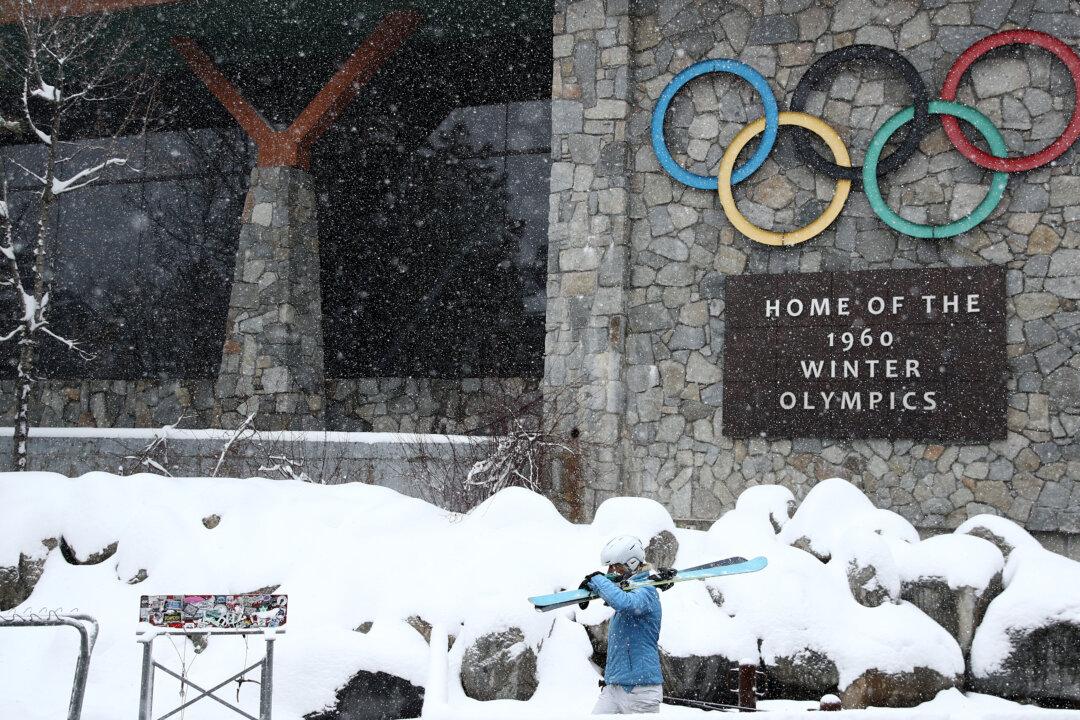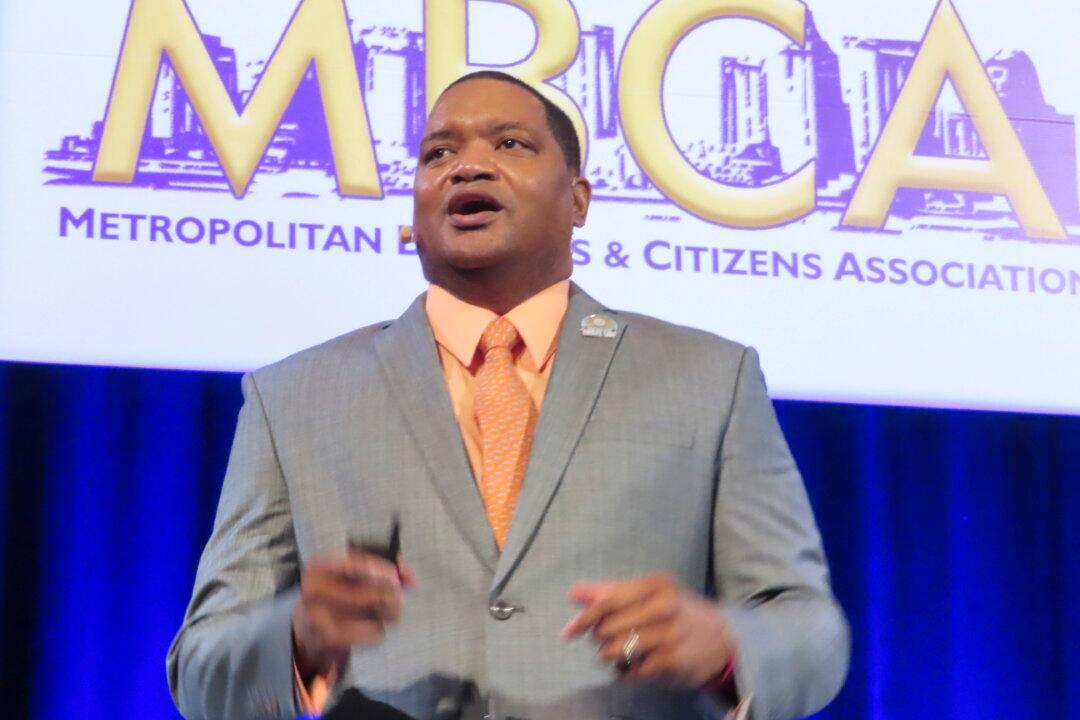Voters in Squaw Valley and Fresno County, California, will weigh in on the question of who has the authority to change the names of places—locals or state and federal governments—in California’s primary election on Tuesday, March 5.
Secretary of the Interior Deb Haaland declared that “squaw” is a derogatory term, and must be replaced in all federal geographic names, in a secretarial order issued Nov. 19, 2021.





